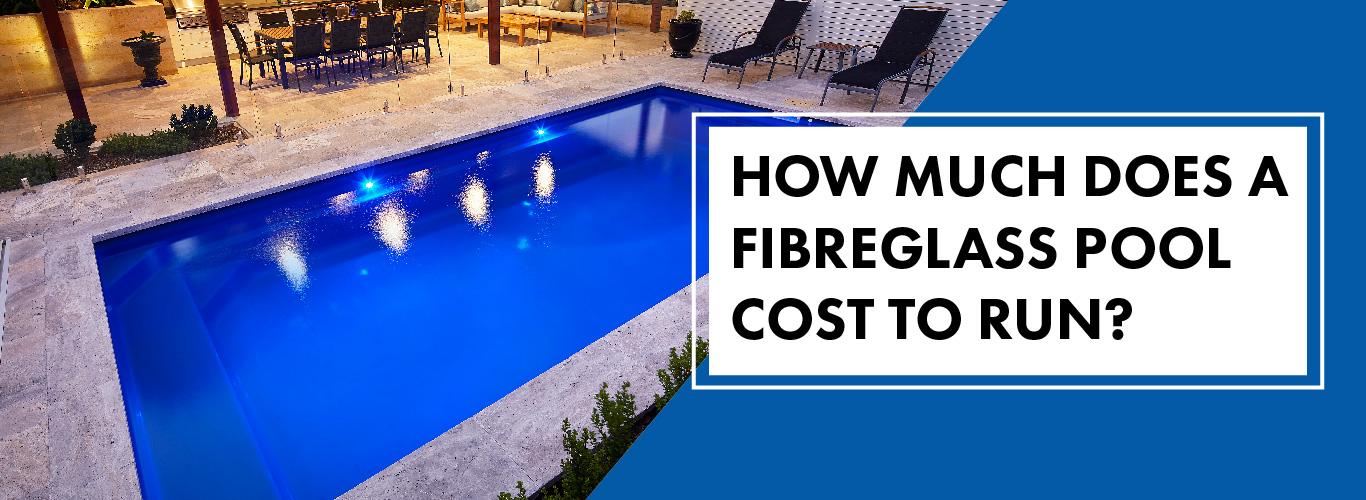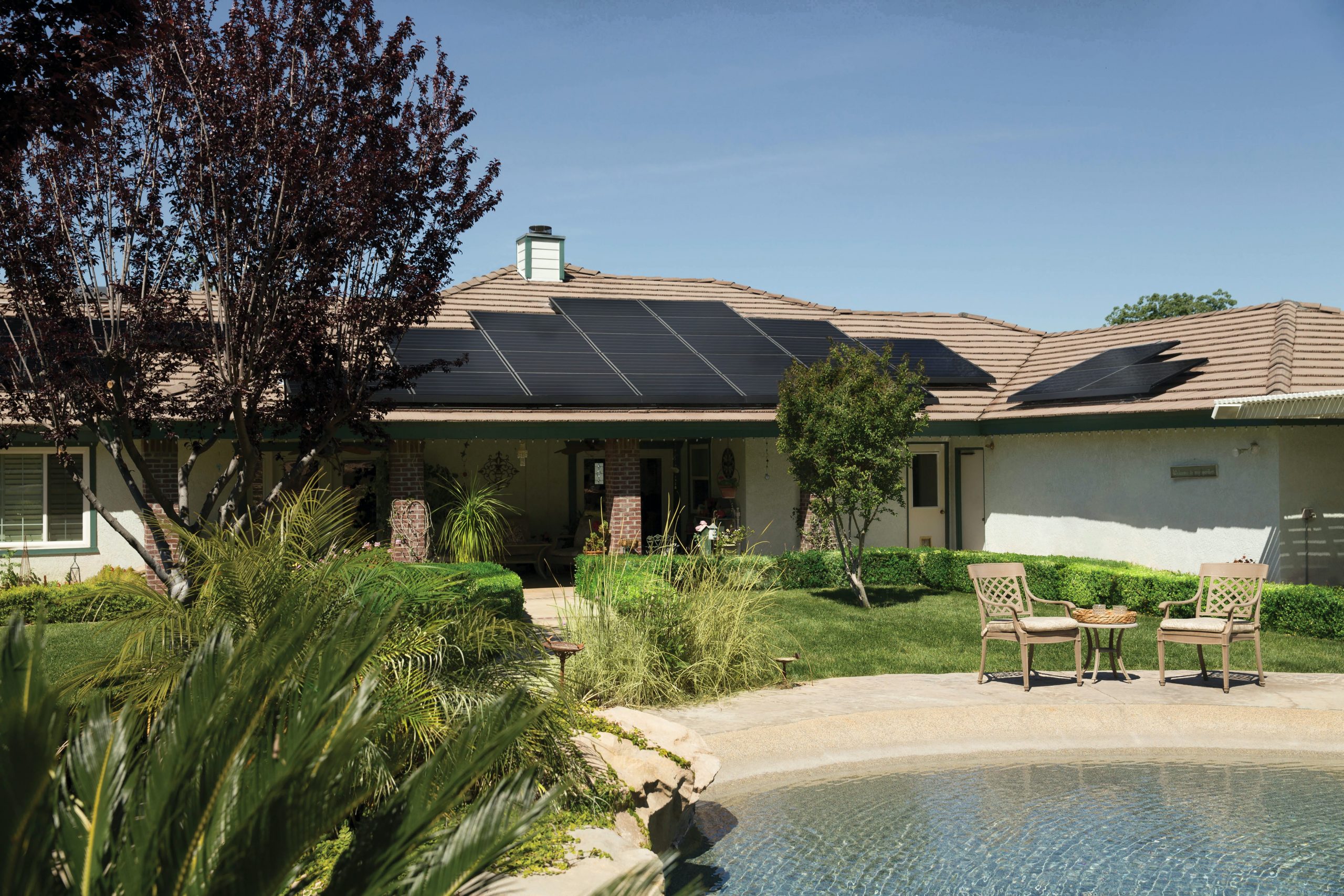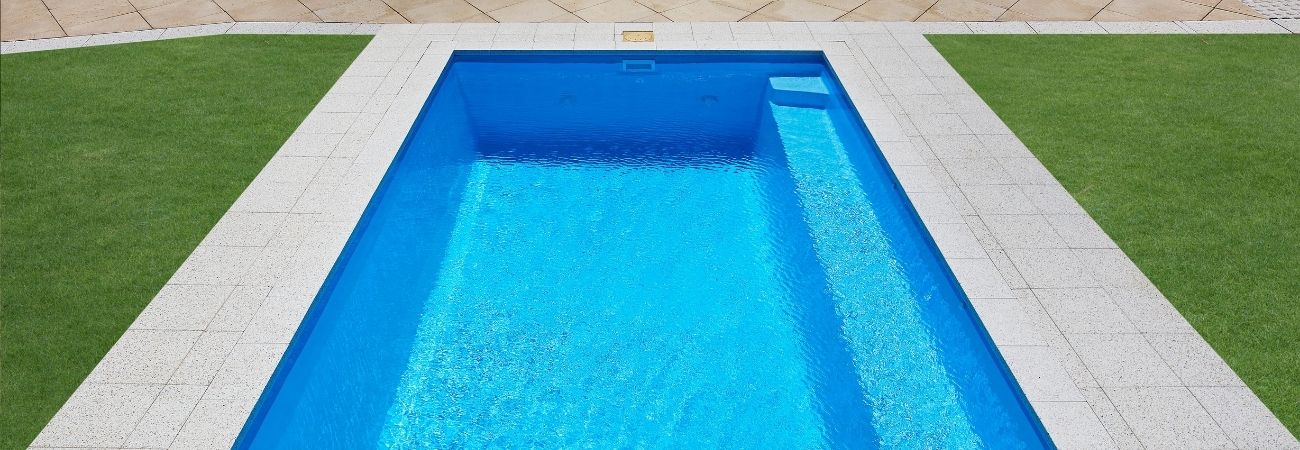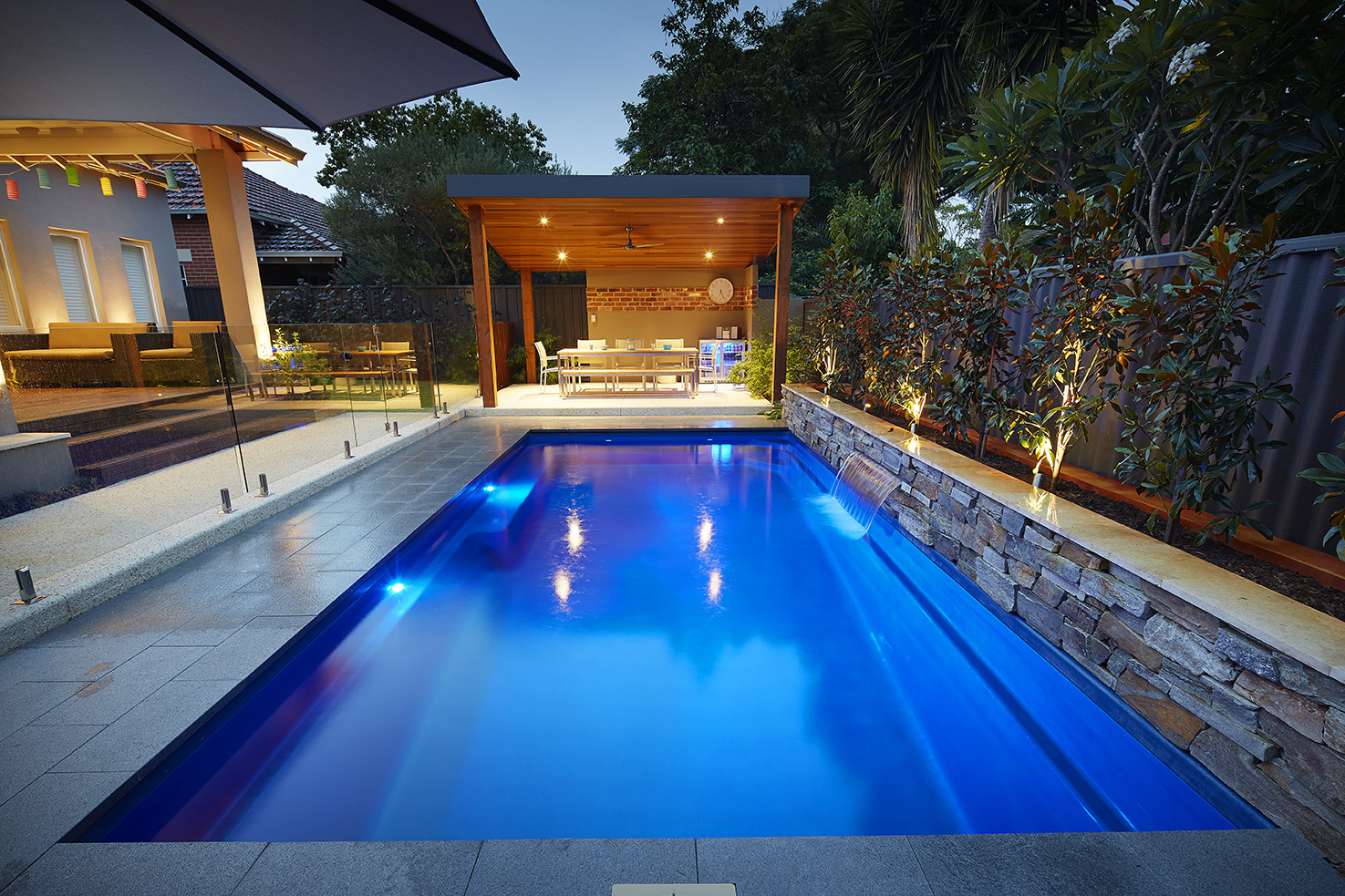When in the market for a swimming pool, the initial price to get it installed is not the only expense that should be considered. How much your pool costs to run is highly dependent on which type of pool you choose, and the equipment used to keep it clean. Here are some things to think about when determining how much you will be out of pocket to run your pool.

The type of pool you choose
There are 3 main types of in ground swimming pools on the market. They include fibreglass, concrete and vinyl liner pools. Depending on how big your pool is, an average sized swimming pool will cost around $200 to $300 each quarter. This can vary significantly depending on which type of pool you have, if you have energy efficient equipment and how old your pool is. Generally speaking, concrete pools tend to be the most expensive to maintain and to heat. The interior surface is highly porous making it prone to algae and bacteria outbreaks. They are typically cooler than other types of pools and take longer to heat.
What other factors can affect the overall cost of running your pool?
Water evaporation
Water evaporation is the leading cause of water loss. The rate that your pool water evaporates can differ depending on how often your pool is used, the amount of wind your pool gets and the climate where you live. Residing in a warmer area of the country that is dry and humid will result in higher evaporation rates. On average, you should expect a pool without a cover to lose around 5mm of water each day. Having to constantly top up your pool costs money. How else does it cost money?
• Heating- If you have a heating system in your pool, evaporation can result in an energy loss of up to 70%. Your heating system will have to work harder and for longer in an attempt to heat the water which can add a significant amount to your energy bill.
• Chemical loss -Evaporation can also contribute to 70% of chemical loss. This can affect the pools pH levels and your pool will need extra chemicals to keep it clean.
Additionally, those with larger pools experience higher levels of evaporation. A pool cover can drastically reduce water loss.
The filter pump
Your pools filter pump plays a key role in keeping your water clean. However, they are the biggest energy consumer when it comes to running your pool. All pool filter pumps require energy to run, some more than others. They work to clear your pool water of dirt and debris. Traditional style filter pumps start from around 39 cents per hour and need to run for 6 to 8 hours per day at the minimum. Solar filter pumps use next to no electricity and can save a substantial amount on electricity.
A heating system
If you choose to have a heating solution for your pool it will most certainly add to your running costs. Gas heating is the most expensive option and can cost anywhere from $4 to $17 an hour to run. Solar heating is a much more environmentally friendly option as well as cost effective. Solar can bring down your heating expenses to around 18 to 26 cents per hour. Gas heating systems warm the pool up quickly and don’t not rely on heat from the air or energy from the sun to work adequately. They are a popular choice for those wanting to be able to heat their pool on demand rather than waiting for the weather to be clear and sunny. Do you know the amazing benefits of pool heating and how it can extend your swimming season?

Things to consider if you want to reduce your heating bill
• Ensure that the heating system you choose has adjustable heat settings, this way you can control the heat and determine how warm you want your pool to be instead of just having it on high all the time.
• Keep in mind the bigger your pool is the more money it will cost to heat it.
• Gas heating can double the amount it costs to run your pool.
The pools chlorinator
Whichever chlorinator you choose for your pool, their main objective is to maintain the quality of your pool water by eradicating algae and bacteria. Whilst your chlorinator is vital to keeping your pool healthy and safe to swim in, they are not a huge energy consumer. They cost around 7 cents per hour to run. Running all of the equipment that required to keep your pool clean can add up. Here are some helpful tips to reduce your ongoing costs:
How to reduce my pools running expenses
Modern technology allows pool owners to run their pool for less than ever before. You can do this by ensuring your pool has:
A pool cover
The easiest and most cost-effective way to reduce your pool evaporation is by buying a cover. They can reduce your pools water loss by 97%.

A solar heater
If you were considering heating for your pool, you can cut down on your running expenditure by converting to or installing a solar heating system. They are the least expensive option in comparison to electric and gas versions and are much more environmentally friendly too.
A multi speed pump
Multi Speed pumps are more efficient than regular pool pumps. An energy saving pump can save you thousands of dollars over the lifetime of the pool. Unlike other varieties, you have the option to control the speed with a multi speed pump. By reducing the speed of your pump in winter when your pool isn’t getting as much use, you can reduce its energy consumption by up to 75%. Traditional pumps constantly run at a high speed which wastes a considerable amount of energy.
Equipment that is maintained and kept in good working order
Equipment that is maintained and kept in good working order will ensure that is it working to its full potential and not using more energy than it has to. If your pool filter is not cleaned out regularly it can become blocked from a build up of dirt and debris. Your filter will work harder to clean your pool which results in it consuming more energy. If you want to take the guess work out of it, its good idea to speak with a professional pool cleaner, they can offer advice or take care of it for you.

A little bit of pool maintenance goes a long way to reducing the cost of running your pool, you can do this by:
• Checking your pools pH and chemical levels regularly
• Adjusting your pool chemistry levels as soon as they are even the slightest bit off
• Cleaning out you filter and filtration system often
• Making sure your pump is working efficiently
• Servicing and maintaining the general components of your pool
Putting in some energy saving measures from the get-go may cost a bit more initially, however you will recoup your investment by saving thousands of dollars over the lifetime of the pool. If you have any questions about the costs associated with owning a swimming pool, give our friendly team here at The Fibreglass Pool Company a call, we’d be happy to help.
